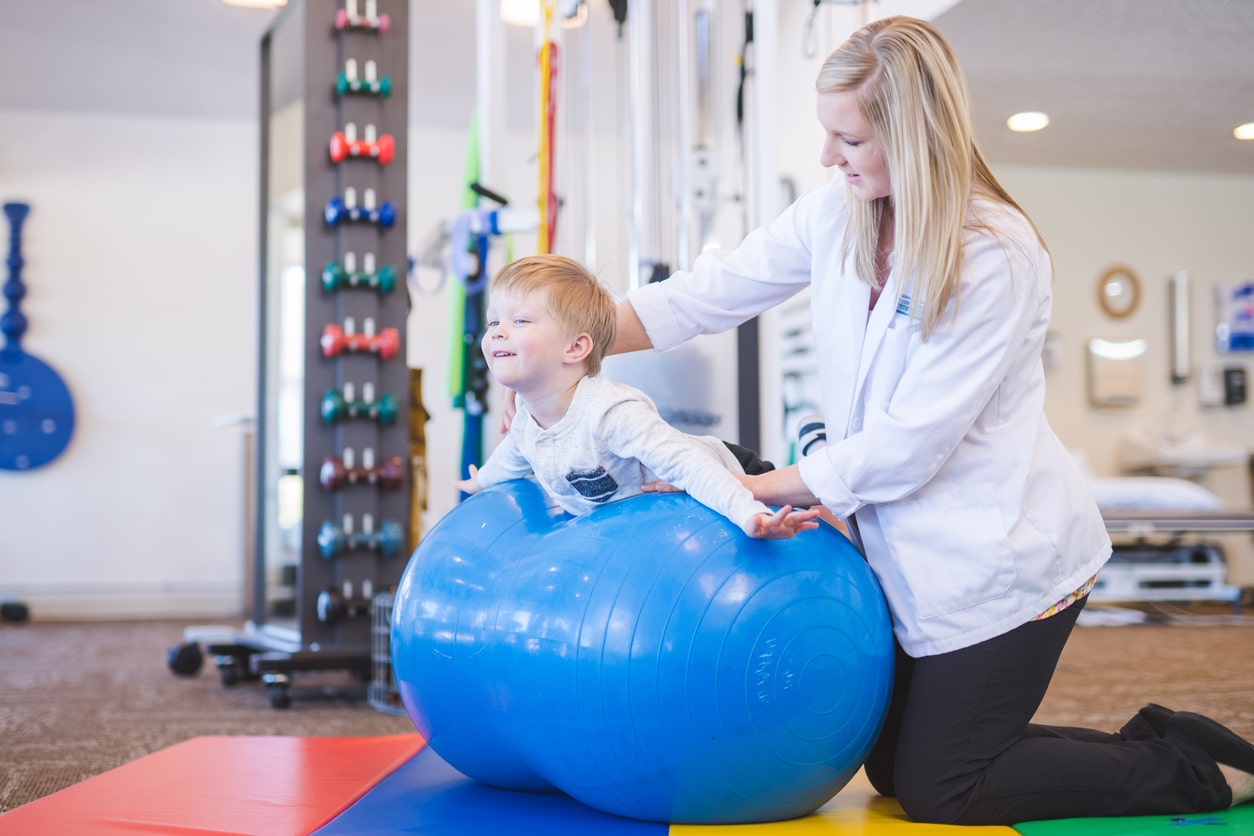Functional Mobility Screening (FMS) is a valuable instrument used to assess an person's movement mechanics. This screening aids identify any deficiencies or imbalances in the body, which can lead to injuries if not addressed. In recovery settings, FMS can serve a crucial role in improving recovery results. By understanding how each individual moves, healthcare providers can design focused rehabilitation plans that focus on enhancing strength, flexibility, and general function.
One of the main benefits of using FMS in rehabilitation is its capability to pinpoint particular areas that need enhancement. For example, if a client struggles with squat movements or lunging, it may suggest a lack of flexibility in their hip joints or ankles. This information allows clinicians to create personalized fitness regimens that highlight addressing these deficits. As a consequence, patients are more likely to regain their power and ability, which is essential for resuming to daily tasks or sports.

Implementing effective FMS procedures can also help avoid future injuries. Many injuries happen due to poor movement patterns or overuse of certain muscular clusters. By evaluating patients before they start a recovery program, Recommended Reading therapists can detect risks and implement approaches to reduce them. Educating patients about appropriate movement patterns and enhancing underdeveloped aspects can lead to long-term benefits, promoting that they stay active and fit.
Additionally, the use of FMS can improve dialogue between healthcare providers and patients. When clients see their mobility mechanics assessed and clarified, they gain a better understanding of their rehabilitation process. This clarity builds trust and motivates patients to take an engaged role in their recovery. By engaging patients in their recovery process, they are more likely to follow to recommended activities and lifestyle adjustments that support better outcomes.
In conclusion, enhancing recovery results through effective operational mobility screening procedures is crucial for both patients and healthcare providers. By accurately evaluating mobility patterns, therapists can develop customized recovery programs that address specific needs. This not only aids in rehabilitation but also helps prevent future harm. As patients become more involved in their rehabilitation process, they are likely to achieve their goals and sustain use this link a healthy, active way of living.
Comments on “Enhancing Rehabilitation Results Via Effective Practical Movement Assessment Protocols”